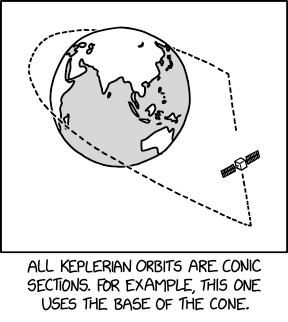Trauma/Critical Care/Acute Care Surgeon Work Conditions & Day-to-Day
Jan. 5th, 2026 03:43 amHello! I have three questions, all about the work of trauma/critical care/acute care surgeons in the US:
1) Would it ever be feasible for a TACS attending at an academic Level I trauma center to take semi-regular lunch breaks when on day shift (obviously assuming there’s no major trauma needing resuscitation and/or immediate operation, and assuming they have adequate support from residents, etc.)? What if it was decreed necessary by their doctor or their psychologist?
Narratively the goal here is to get the character outdoors near the hospital at a regular-ish time for ~30 minutes at least a few days a week, on at least some weeks. Judging from what I’ve read from people in this specialty on reddit it sounds as though this might (???) be achievable at some hospitals, especially if their setup happens to be rotating weeks of ICU / non-ICU trauma / EGS / admin-and-research, but given the apparent prevalence of hospital workers in acute care specialties not getting any breaks whatsoever I really can’t tell.
2) At what point is the TACS attending no longer involved in a patient’s care if the patient ends up requiring a long-term (at least several months) hospital stay to recover? Would it be as soon as the patient is stable enough to be out of the ICU? My understanding is that since trauma surgeons are largely doing non-surgical critical care and may often be in charge of the ICU they might be managing an operative trauma patient for a while post-op, but I’m not clear on at what point that patient stops being their problem.
3) To whom would a TACS attending (again, at an academic Level I) report to within the hospital hierarchy? Would it be the chief of the trauma service(?) I understand that attendings have a fair amount of autonomy but I assume they still have to clear things like vacation time or FMLA leave with somebody.
Any information or corrections on any of this greatly appreciated! Thank you!
1) Would it ever be feasible for a TACS attending at an academic Level I trauma center to take semi-regular lunch breaks when on day shift (obviously assuming there’s no major trauma needing resuscitation and/or immediate operation, and assuming they have adequate support from residents, etc.)? What if it was decreed necessary by their doctor or their psychologist?
Narratively the goal here is to get the character outdoors near the hospital at a regular-ish time for ~30 minutes at least a few days a week, on at least some weeks. Judging from what I’ve read from people in this specialty on reddit it sounds as though this might (???) be achievable at some hospitals, especially if their setup happens to be rotating weeks of ICU / non-ICU trauma / EGS / admin-and-research, but given the apparent prevalence of hospital workers in acute care specialties not getting any breaks whatsoever I really can’t tell.
2) At what point is the TACS attending no longer involved in a patient’s care if the patient ends up requiring a long-term (at least several months) hospital stay to recover? Would it be as soon as the patient is stable enough to be out of the ICU? My understanding is that since trauma surgeons are largely doing non-surgical critical care and may often be in charge of the ICU they might be managing an operative trauma patient for a while post-op, but I’m not clear on at what point that patient stops being their problem.
3) To whom would a TACS attending (again, at an academic Level I) report to within the hospital hierarchy? Would it be the chief of the trauma service(?) I understand that attendings have a fair amount of autonomy but I assume they still have to clear things like vacation time or FMLA leave with somebody.
Any information or corrections on any of this greatly appreciated! Thank you!



